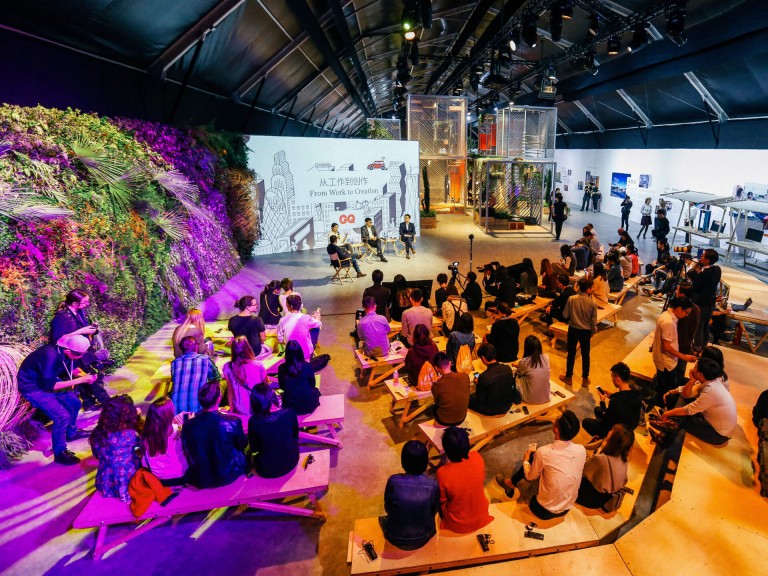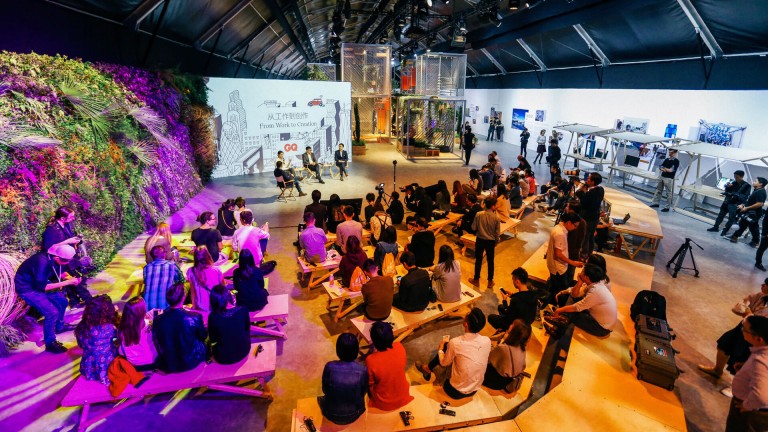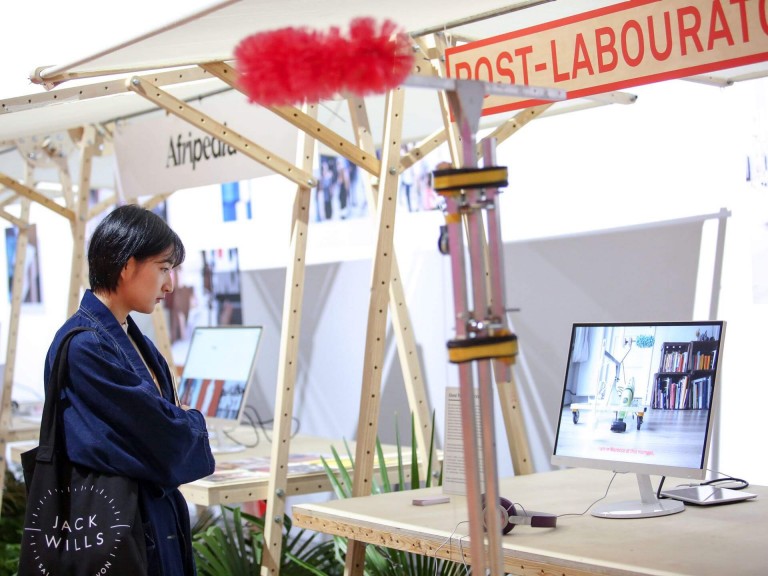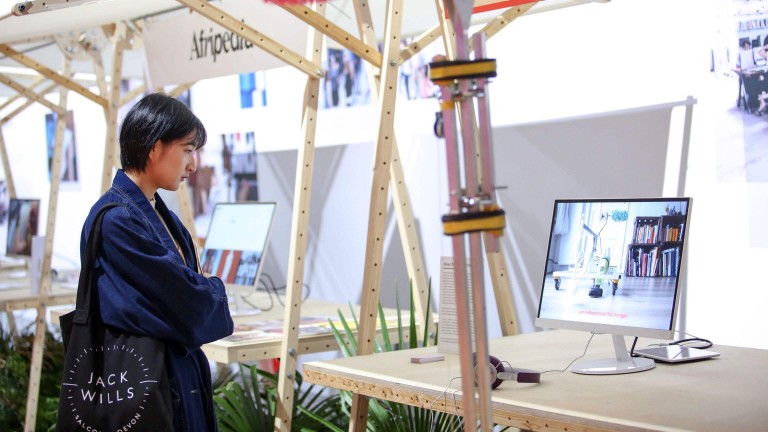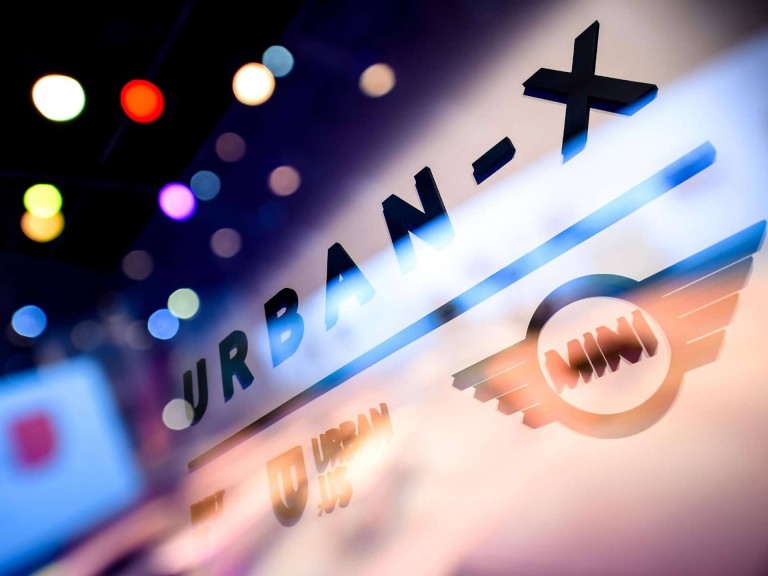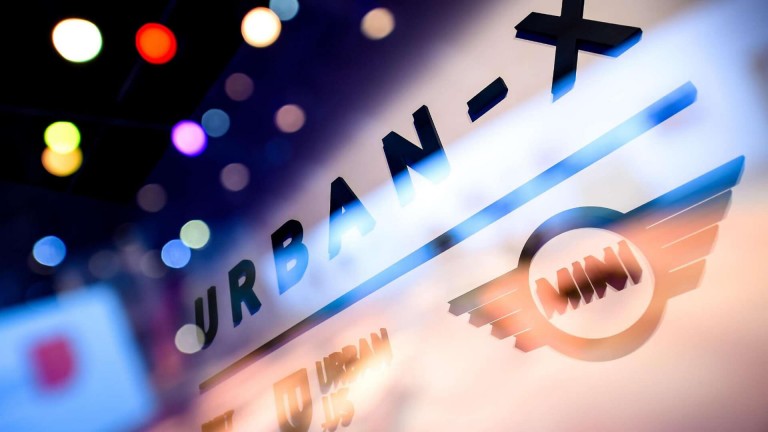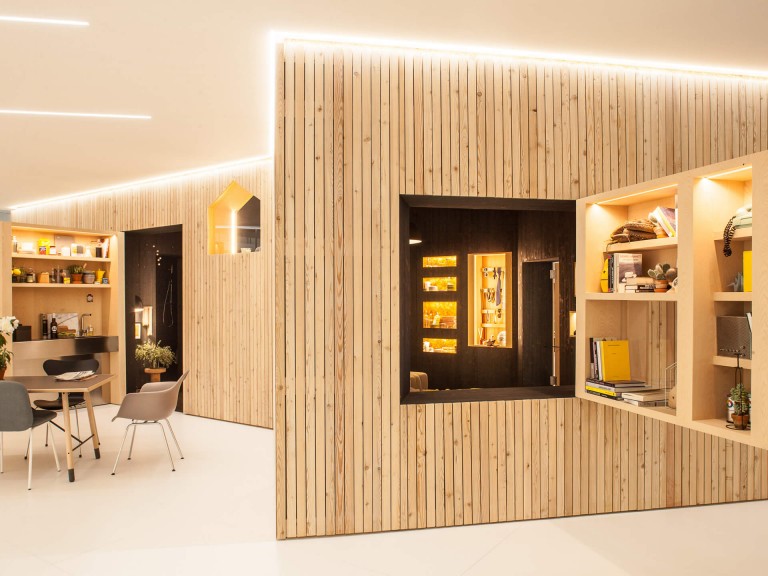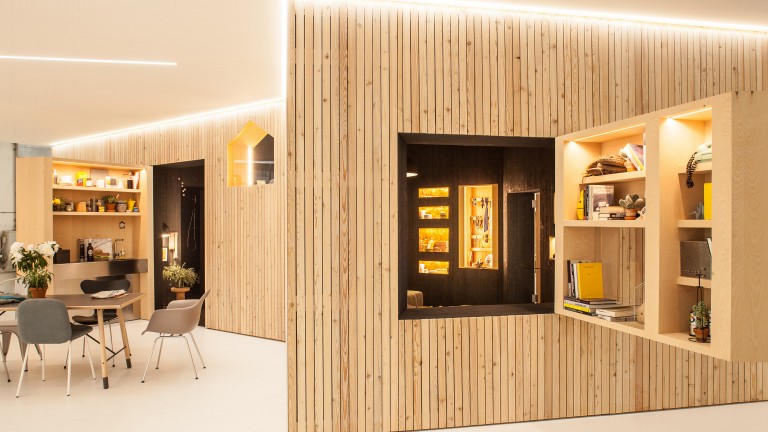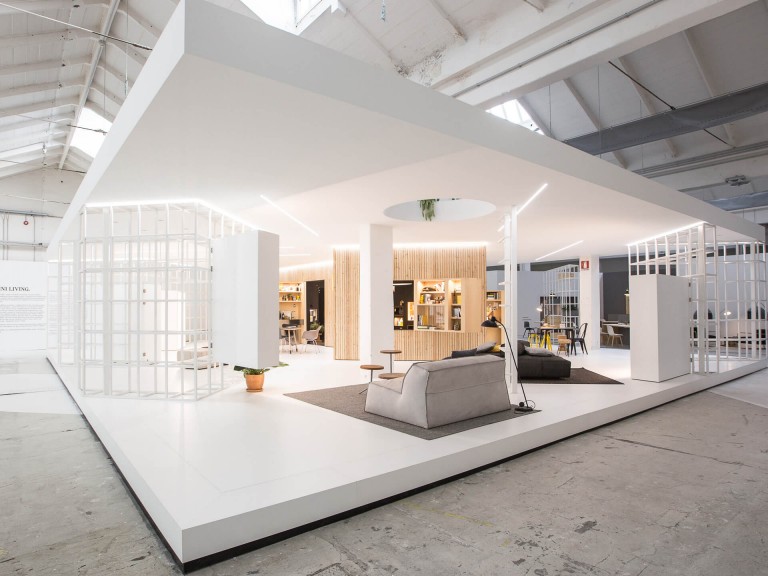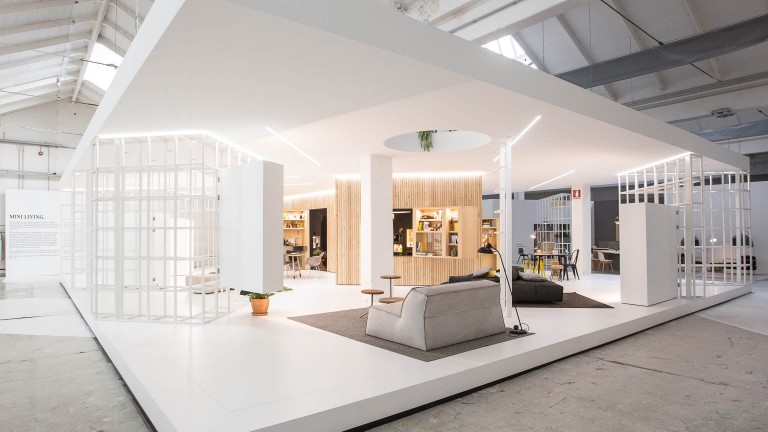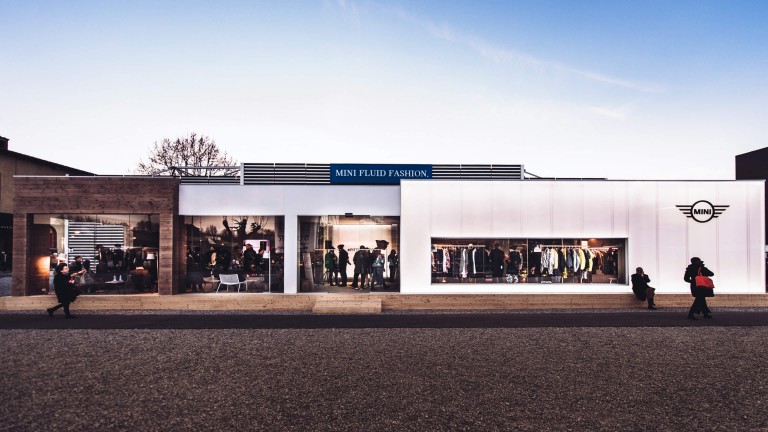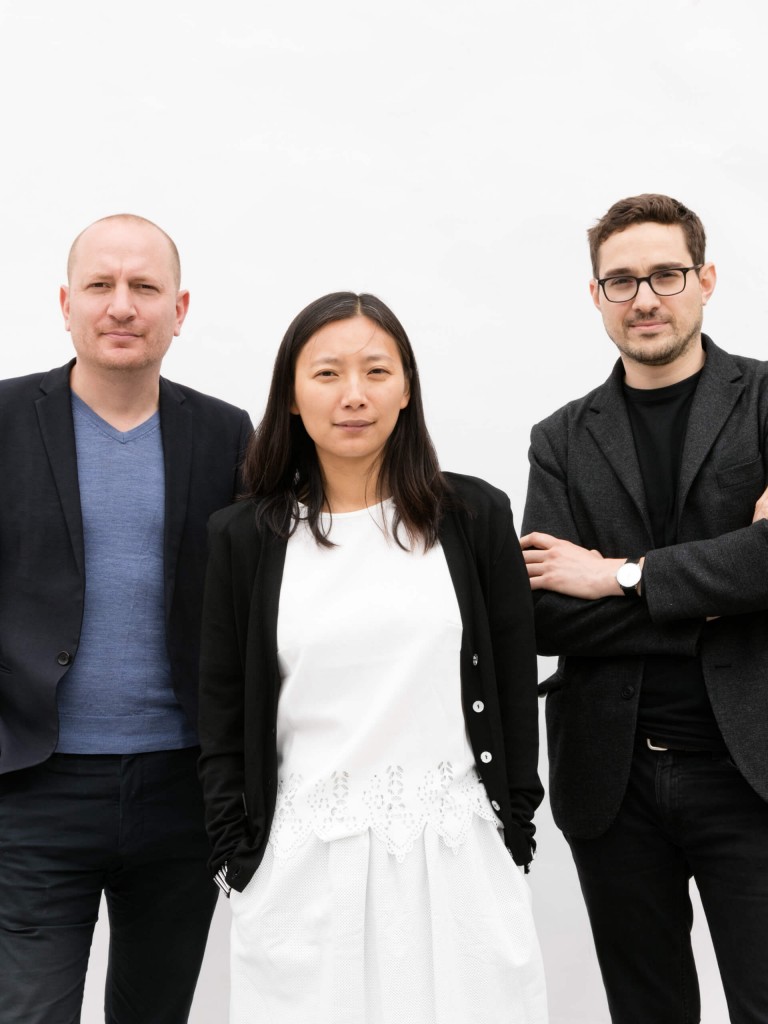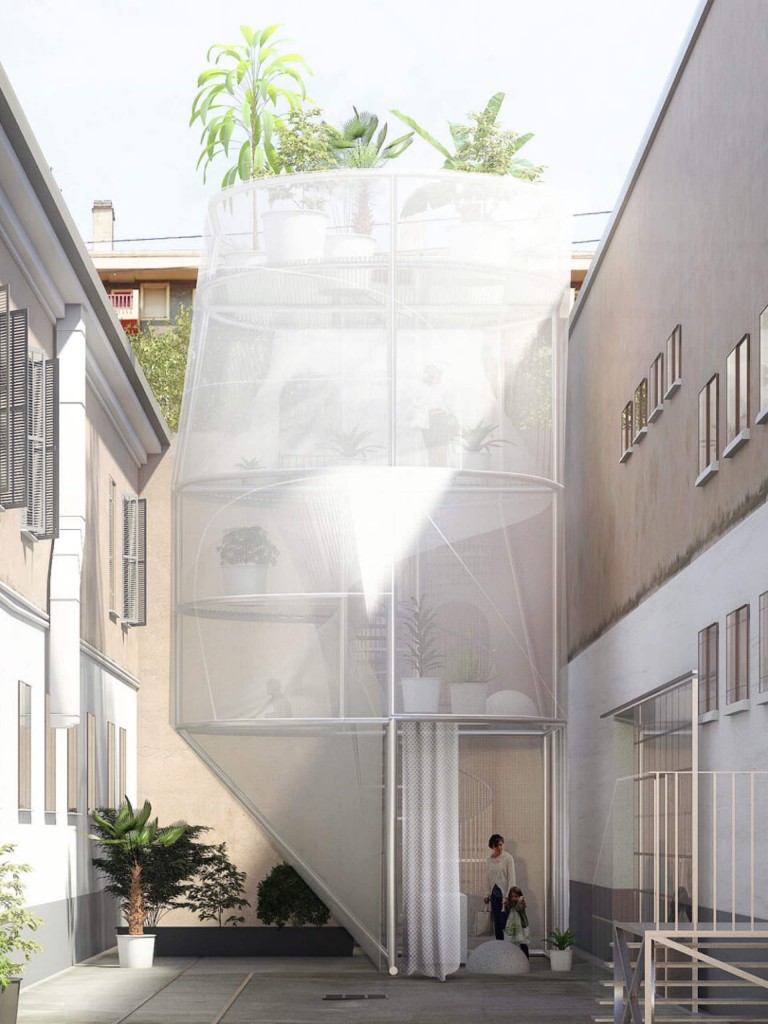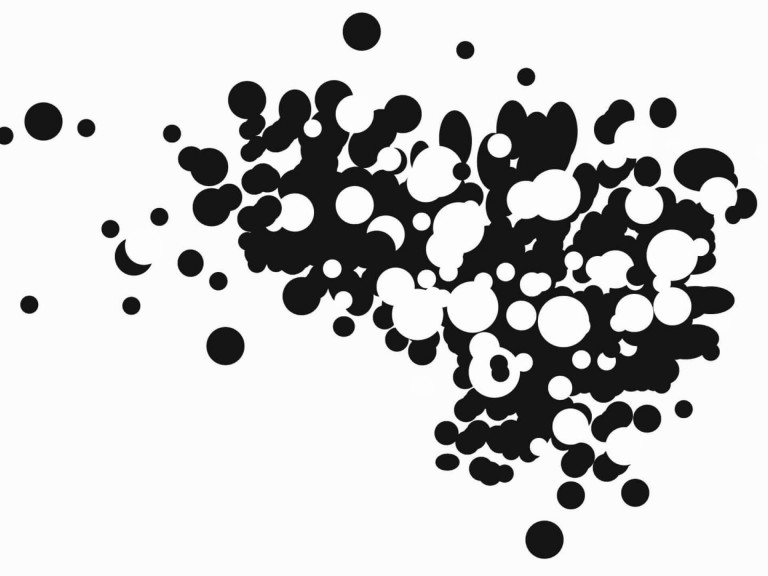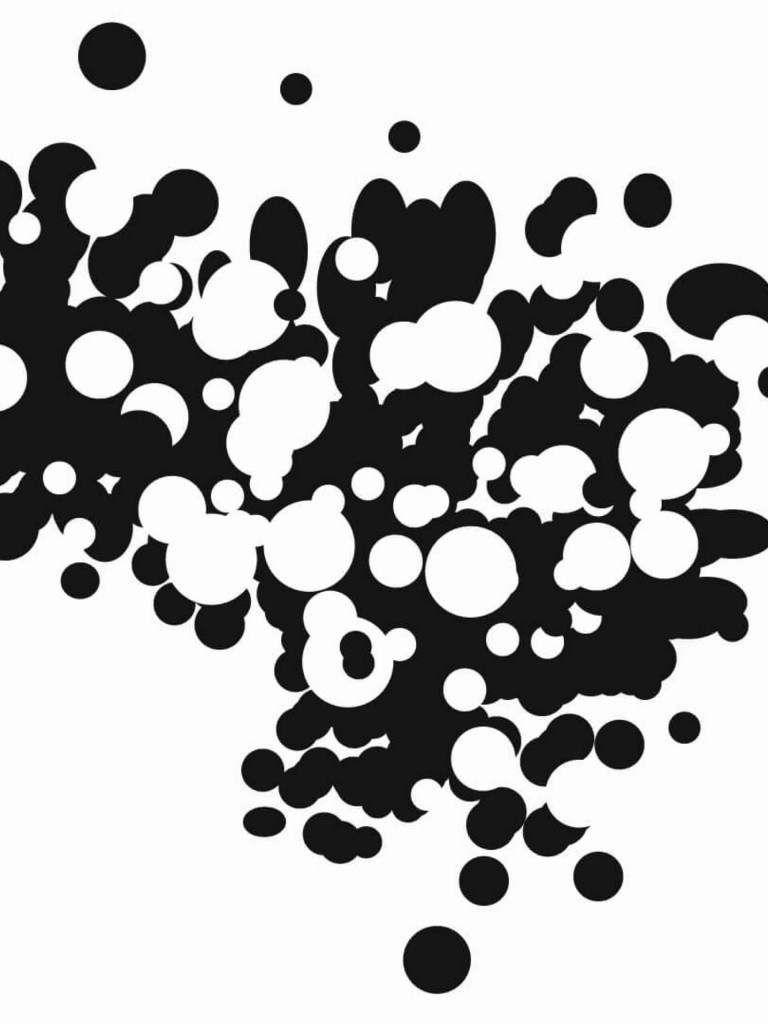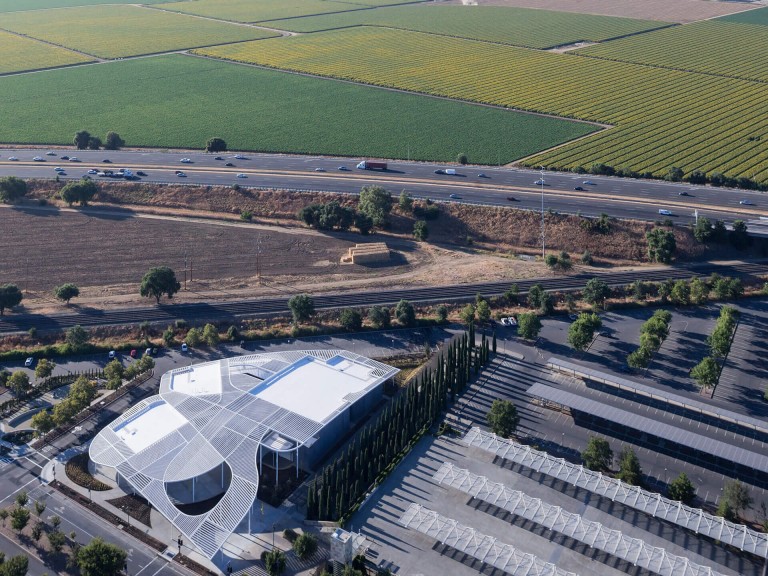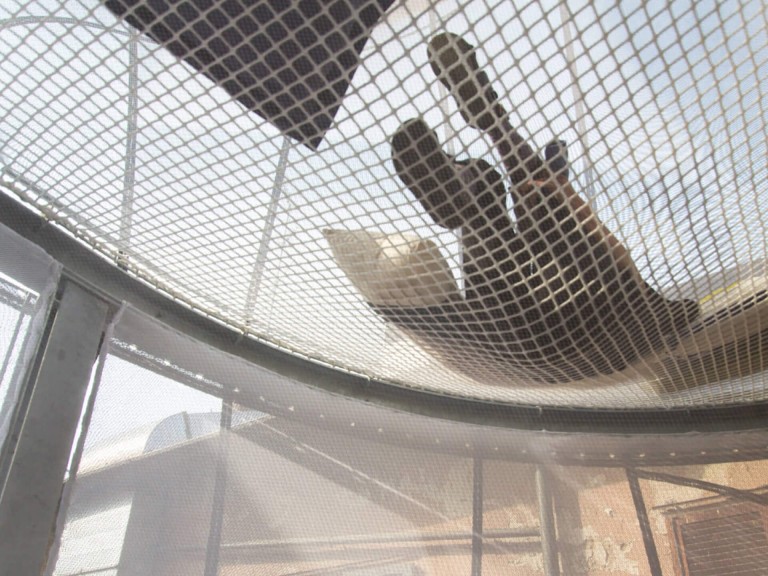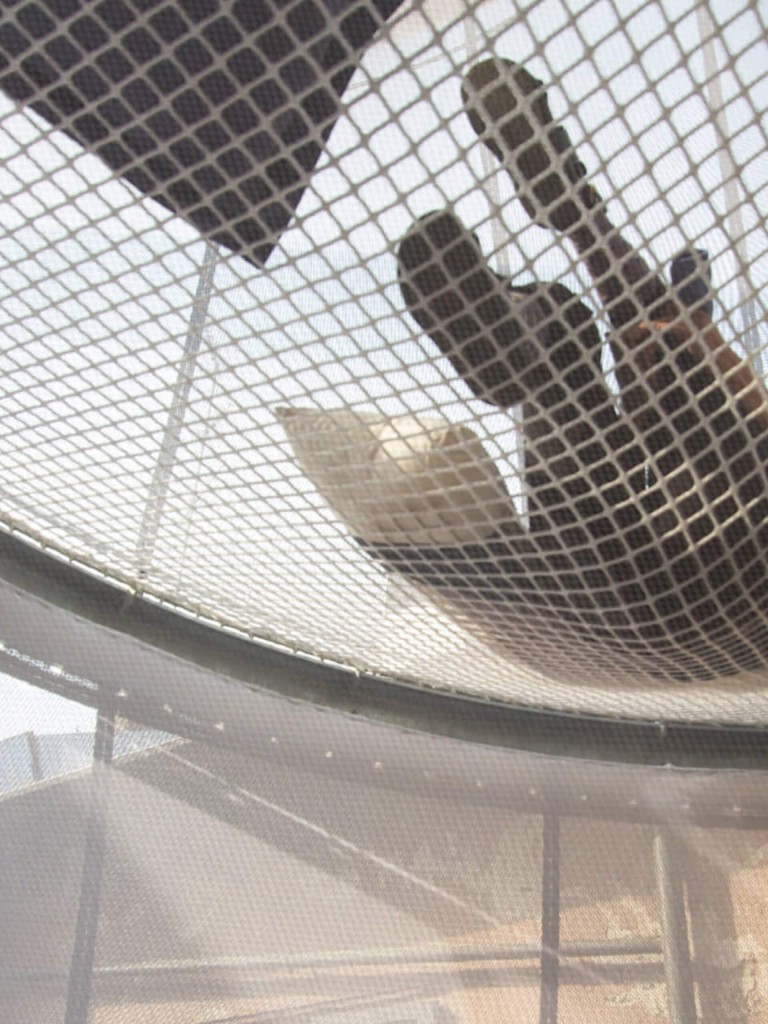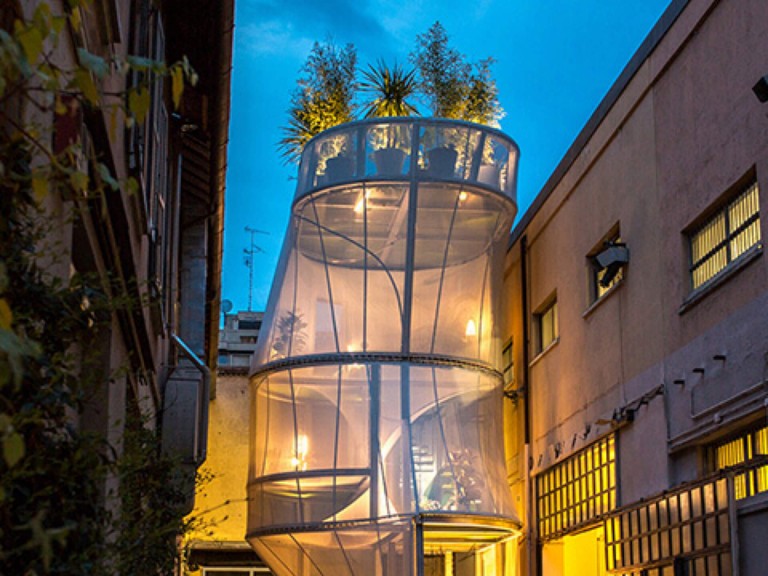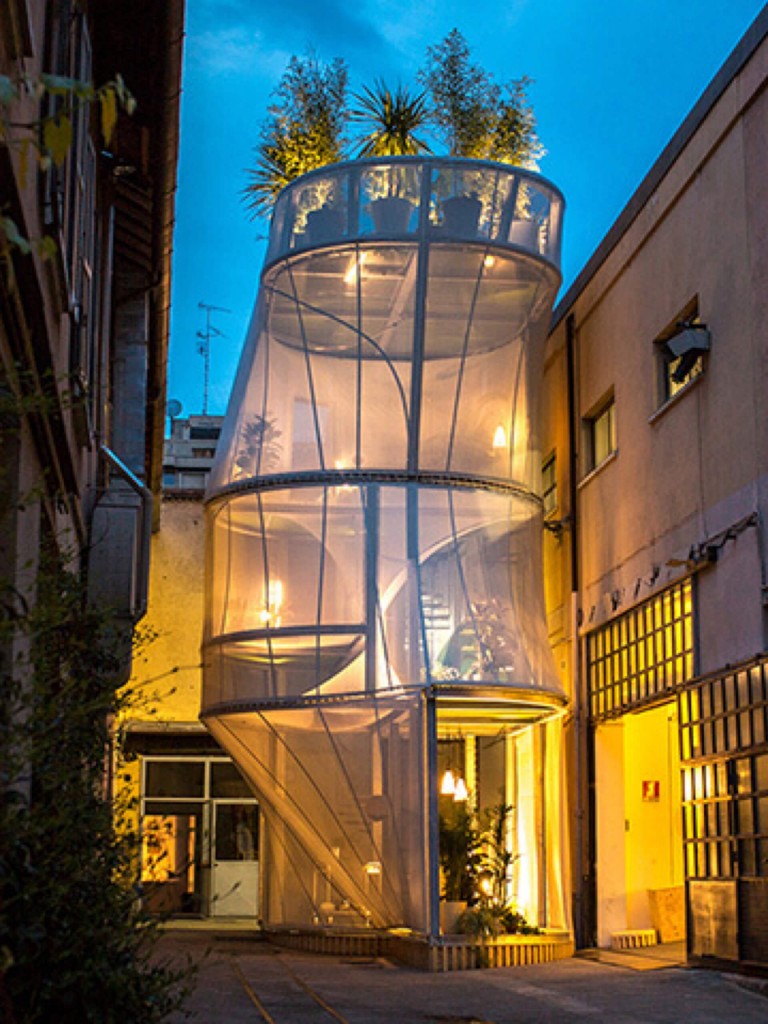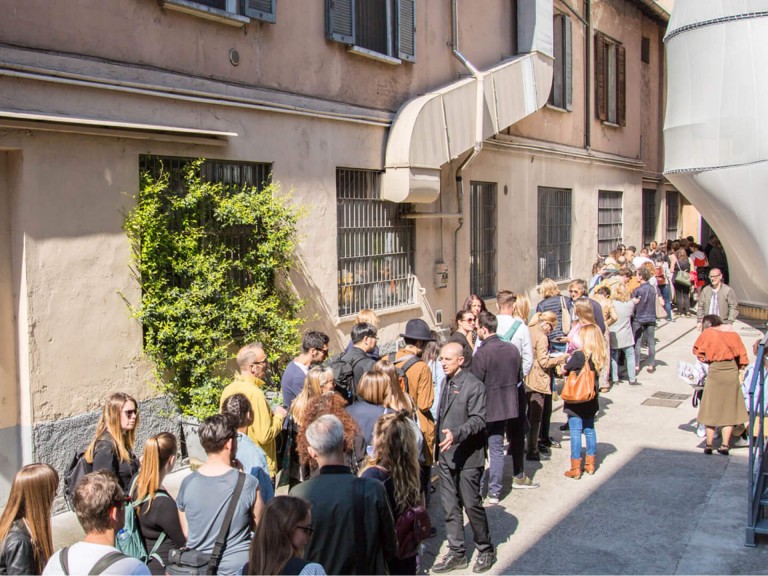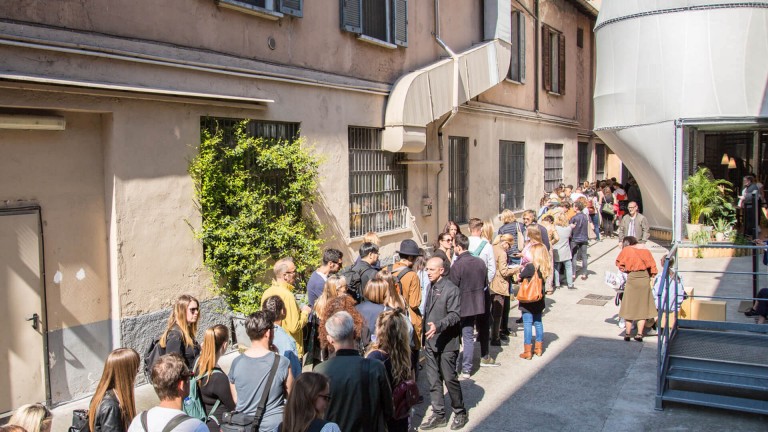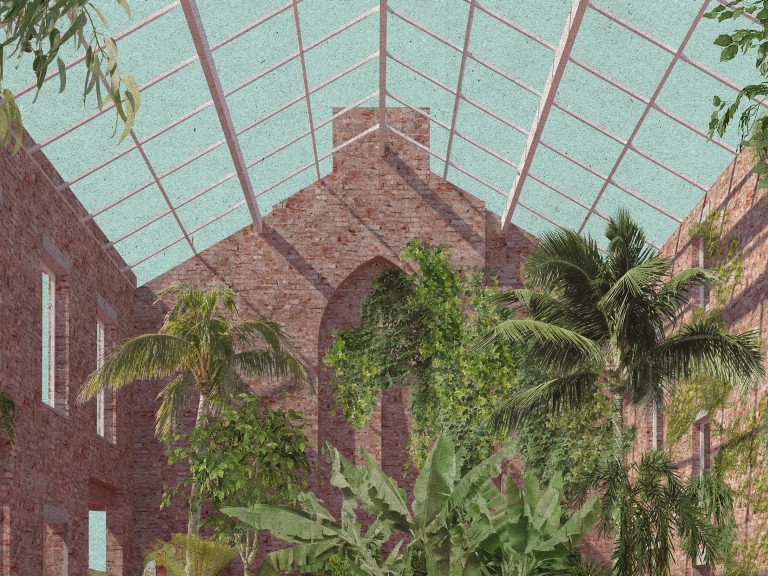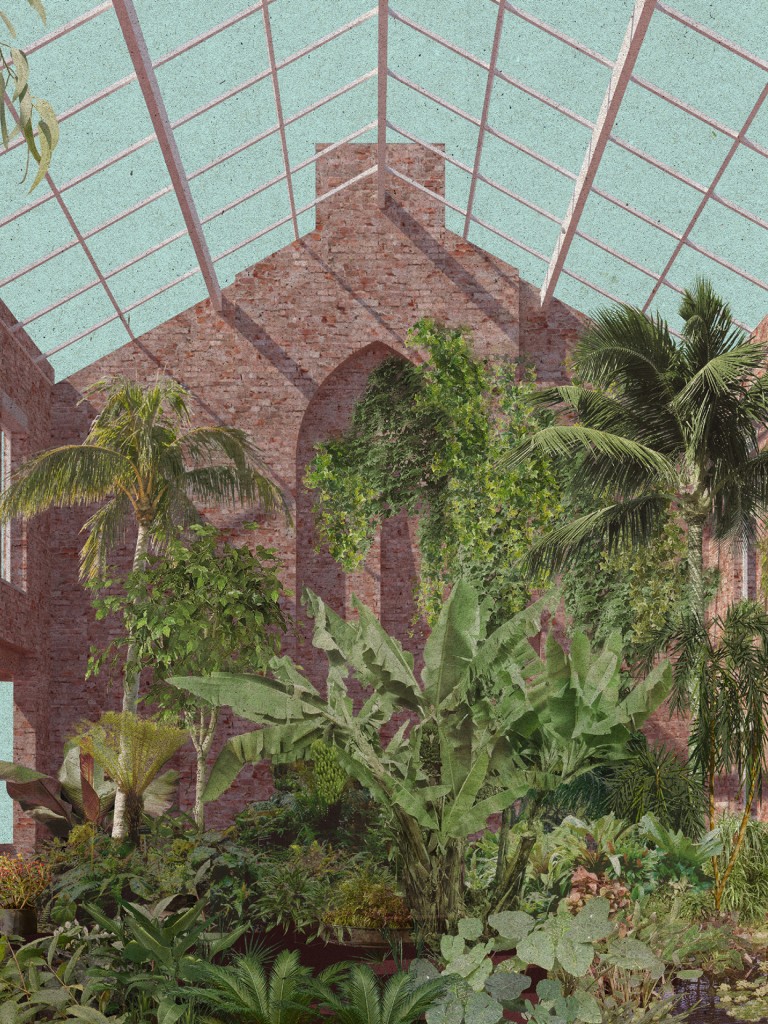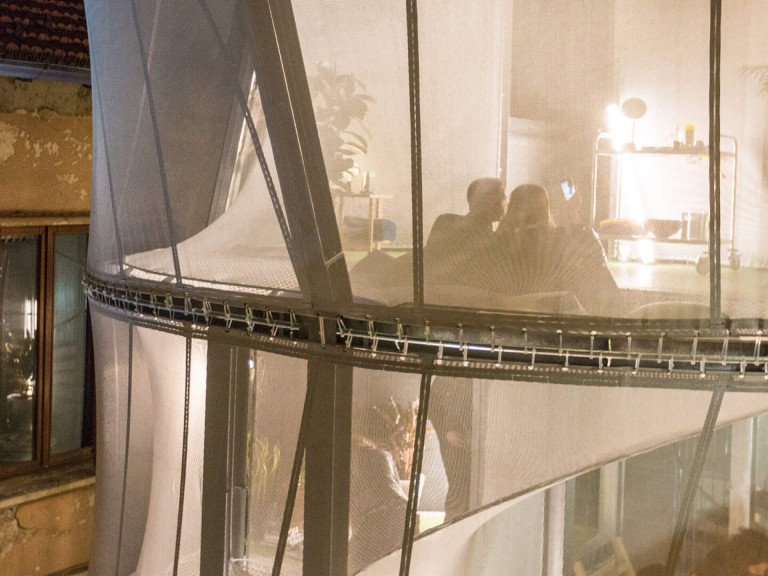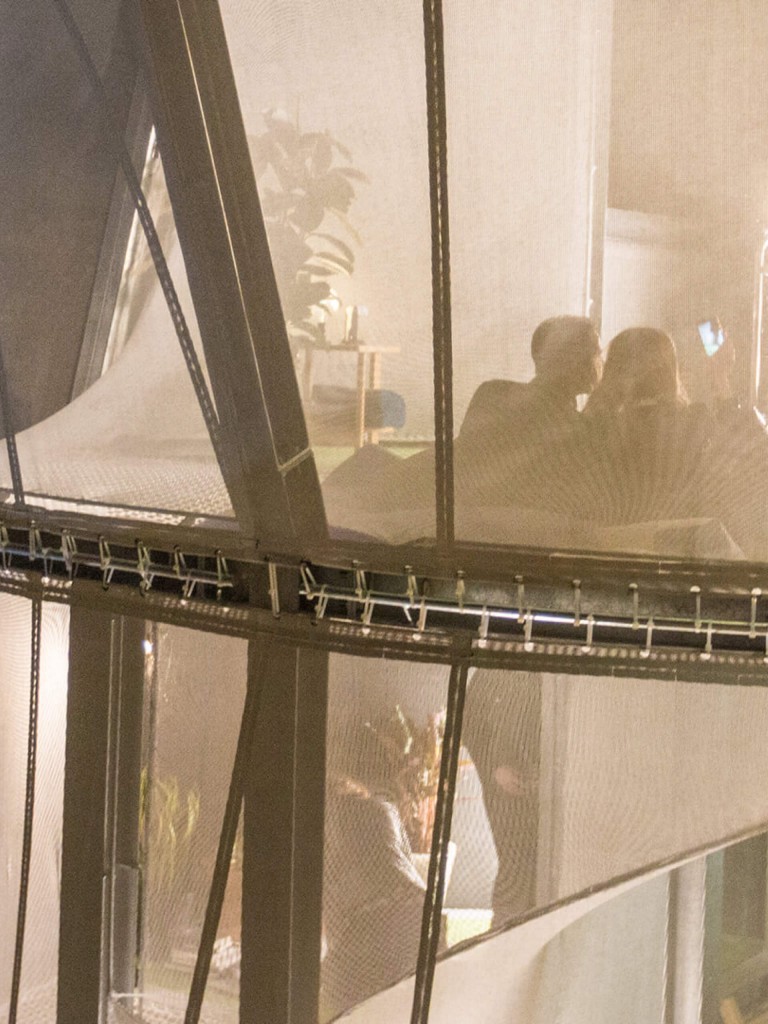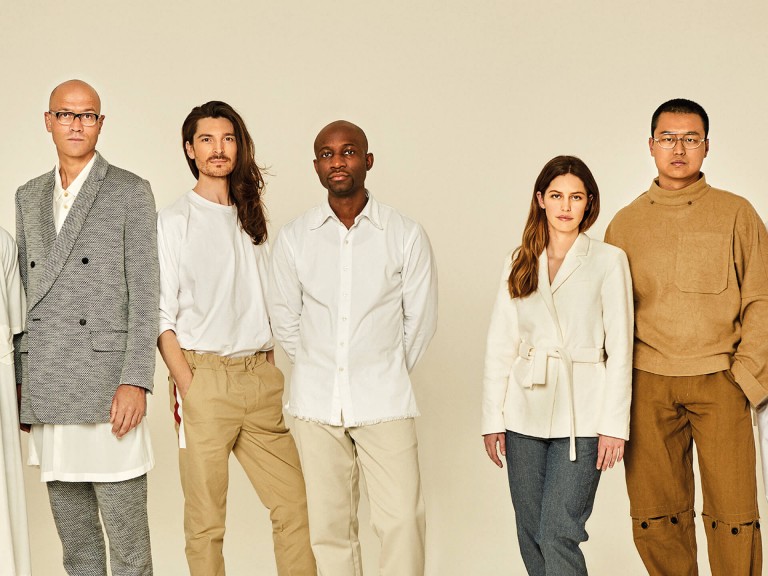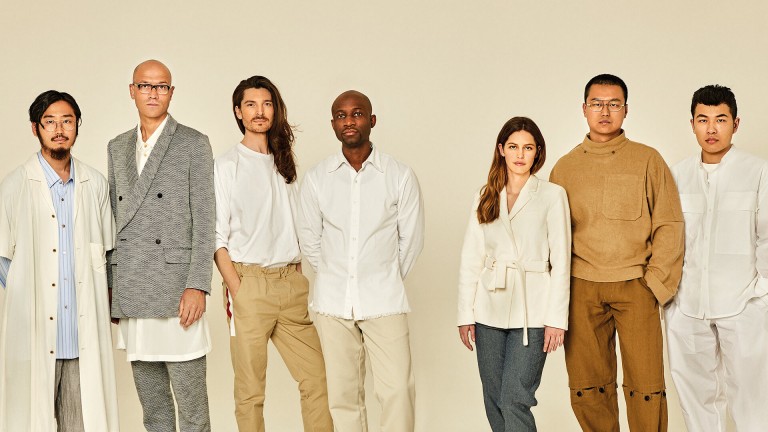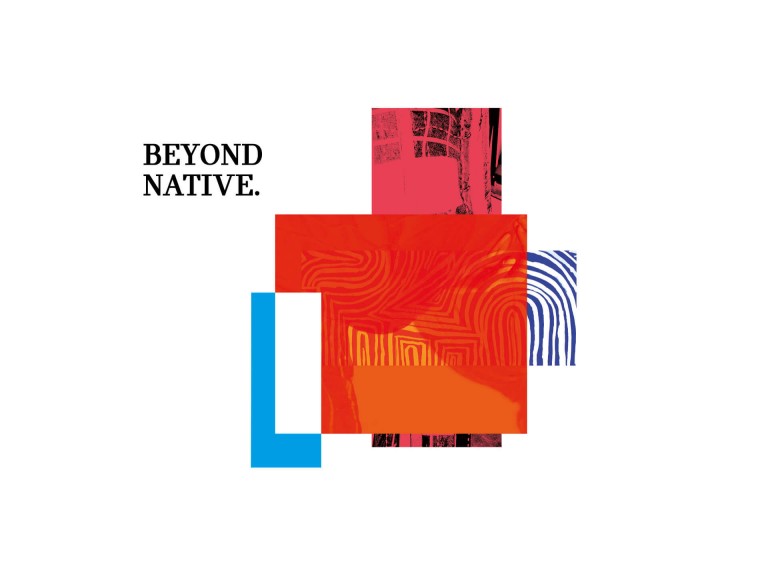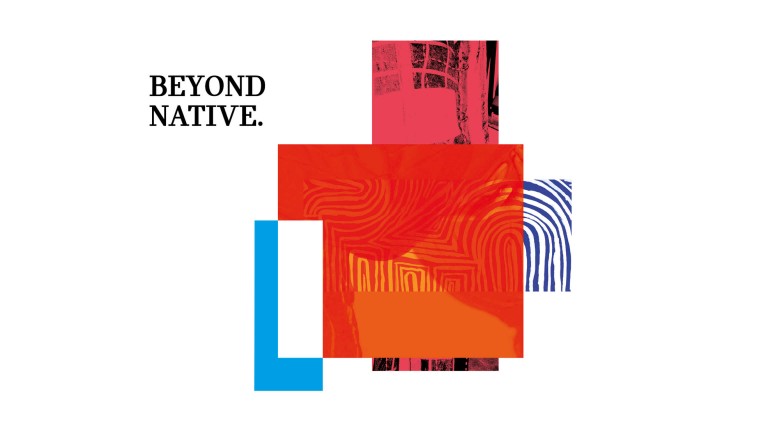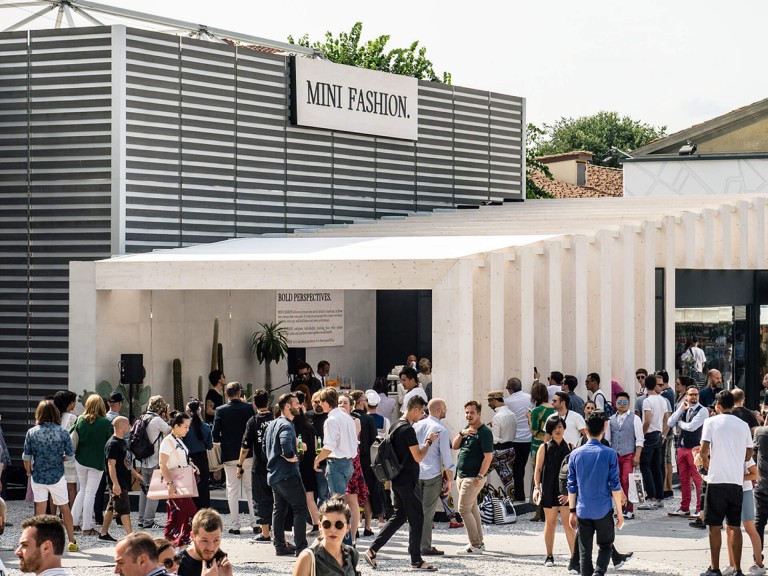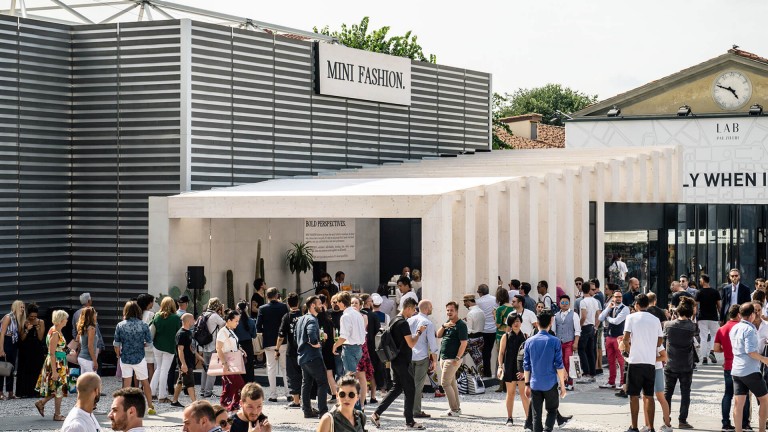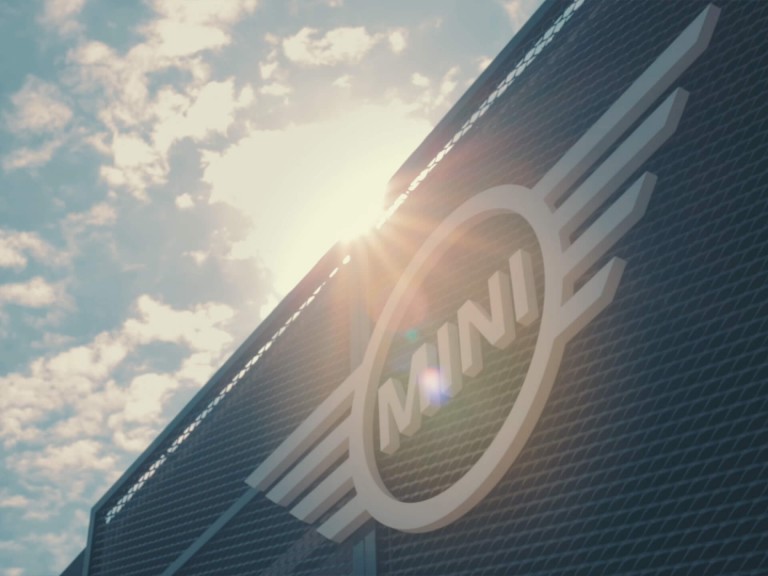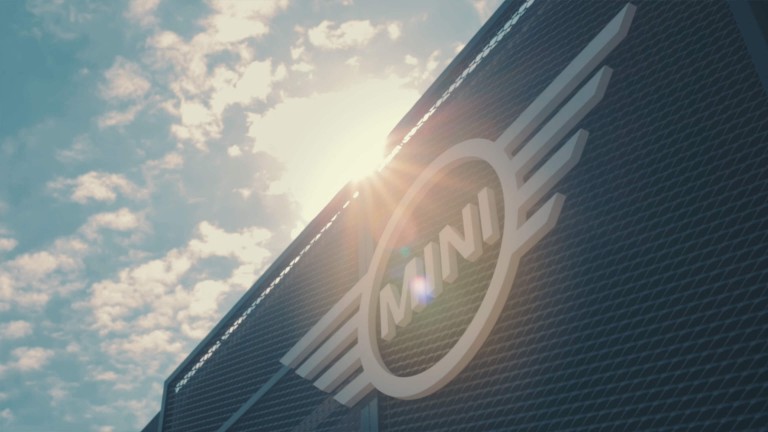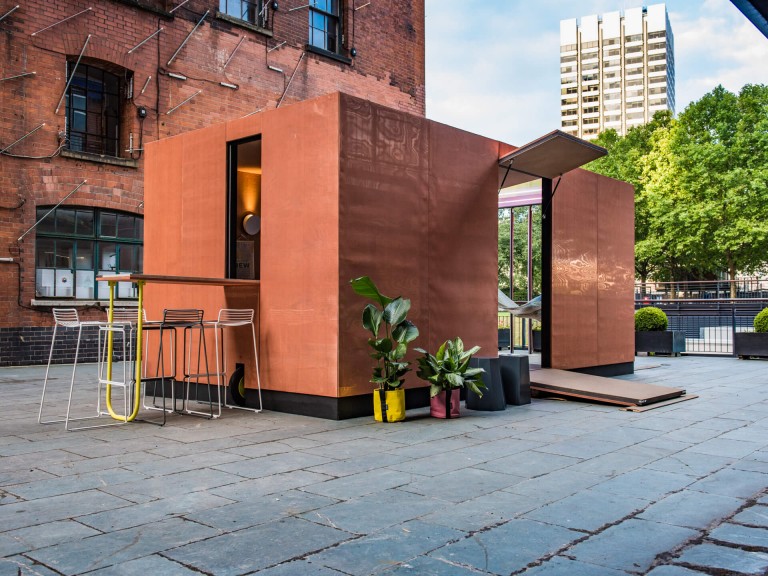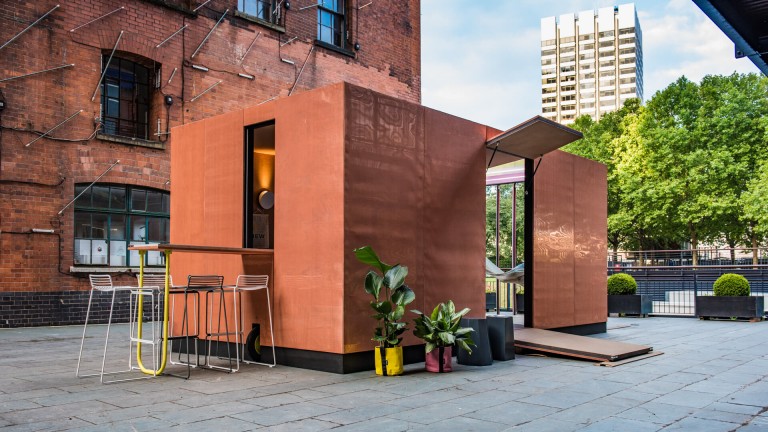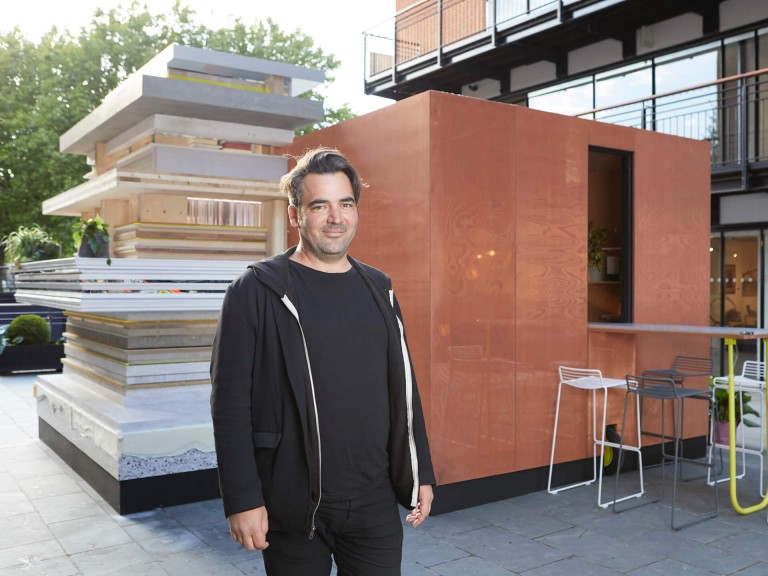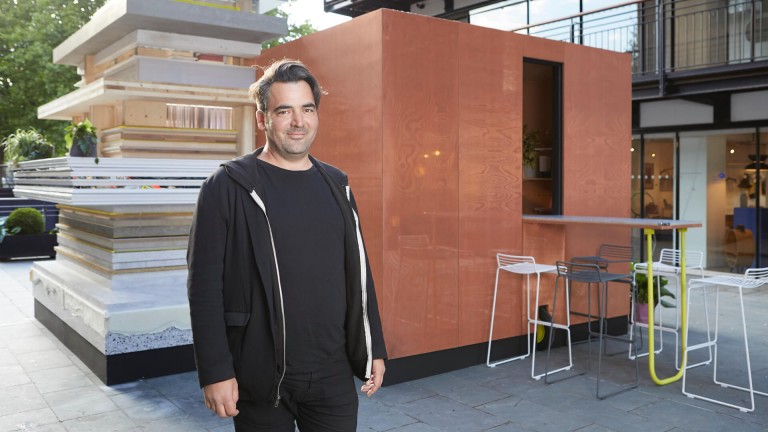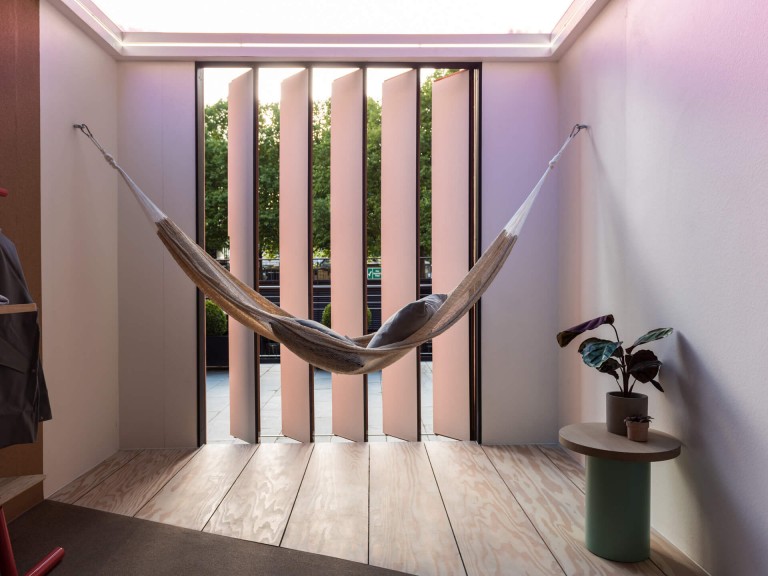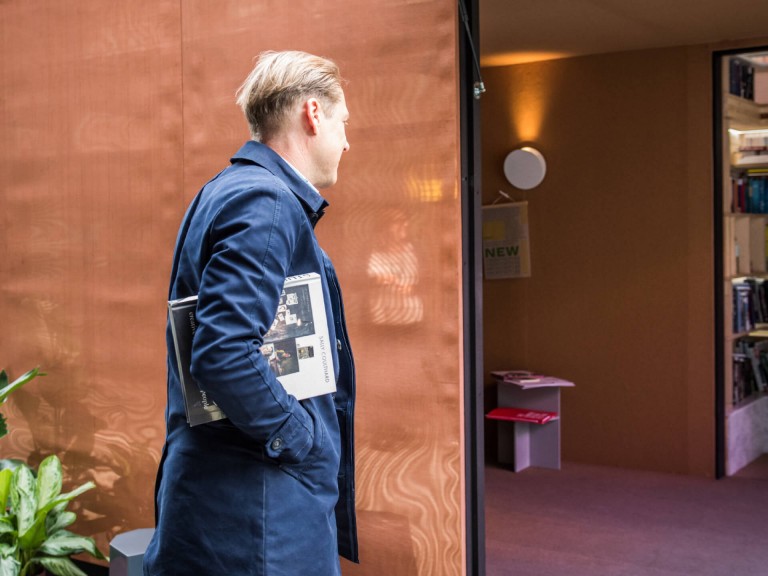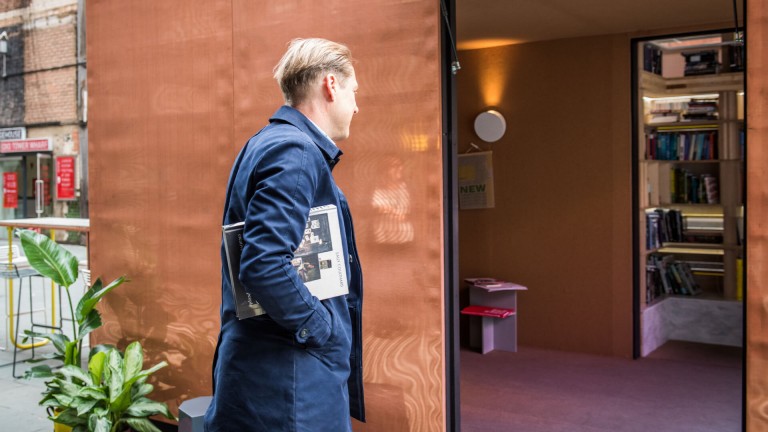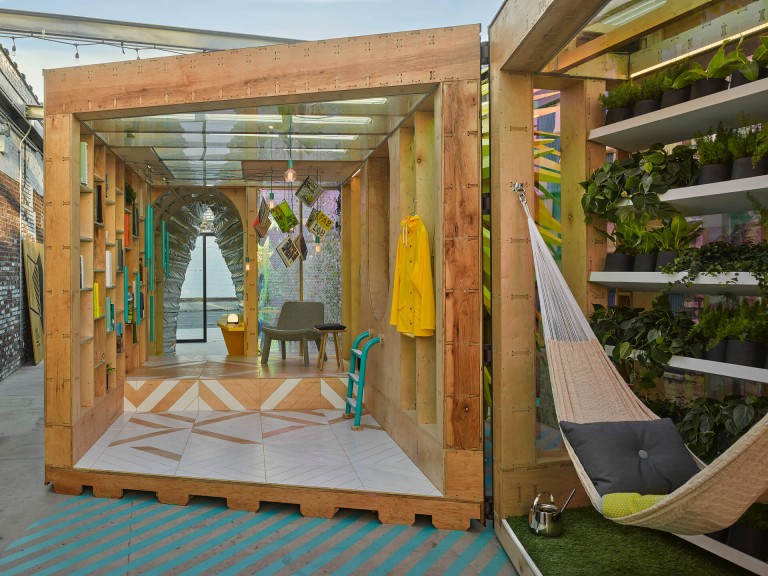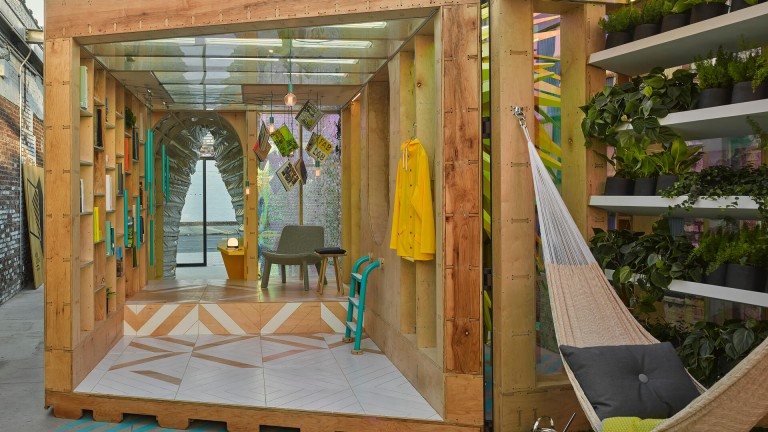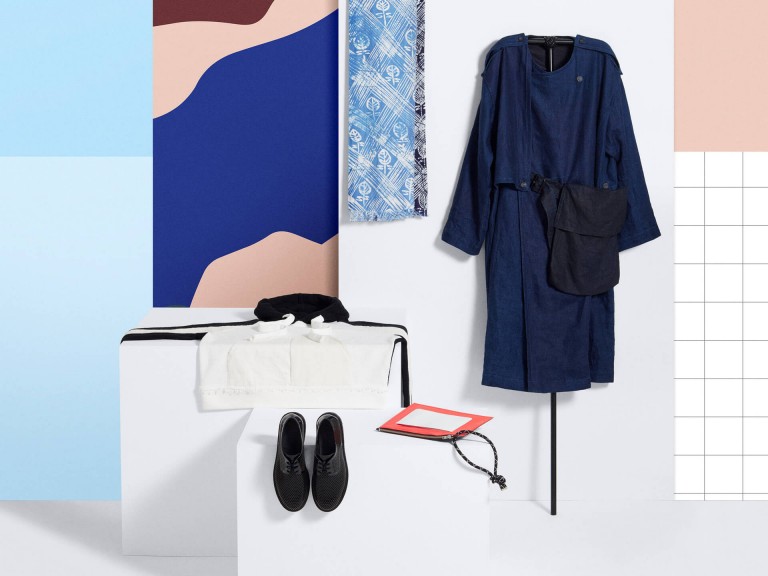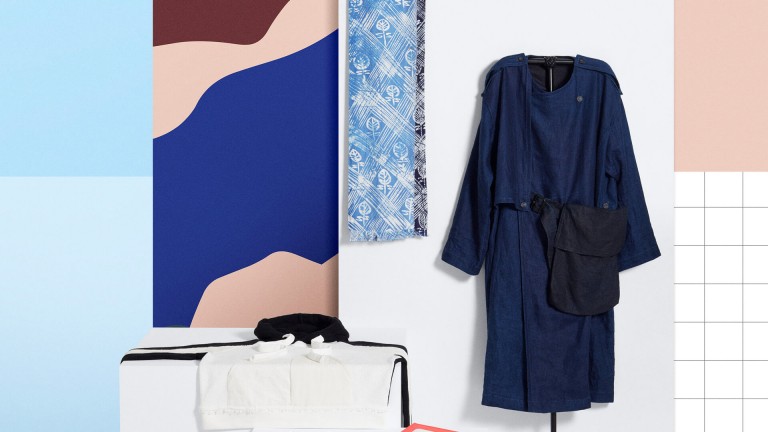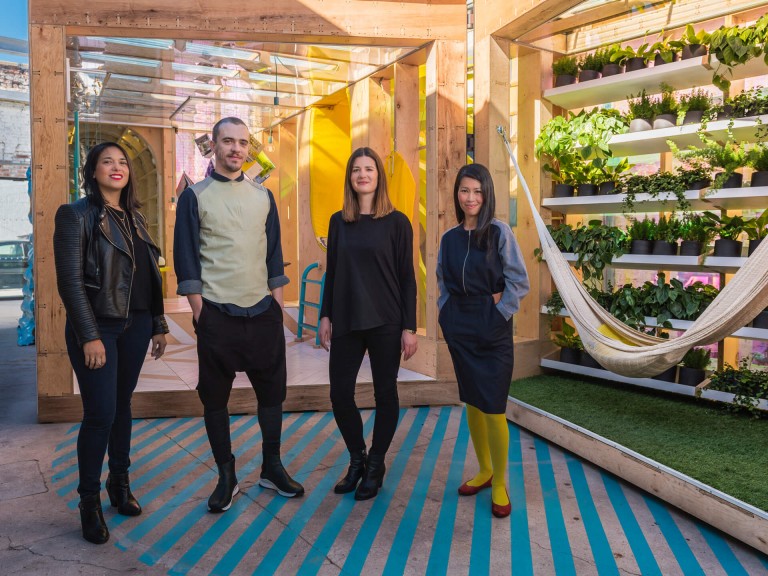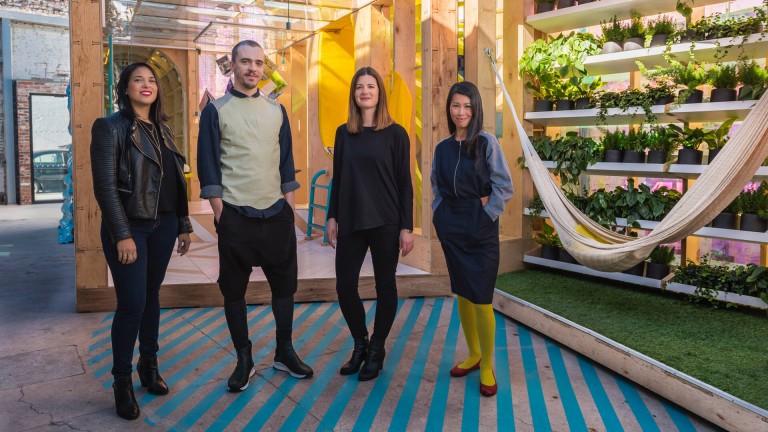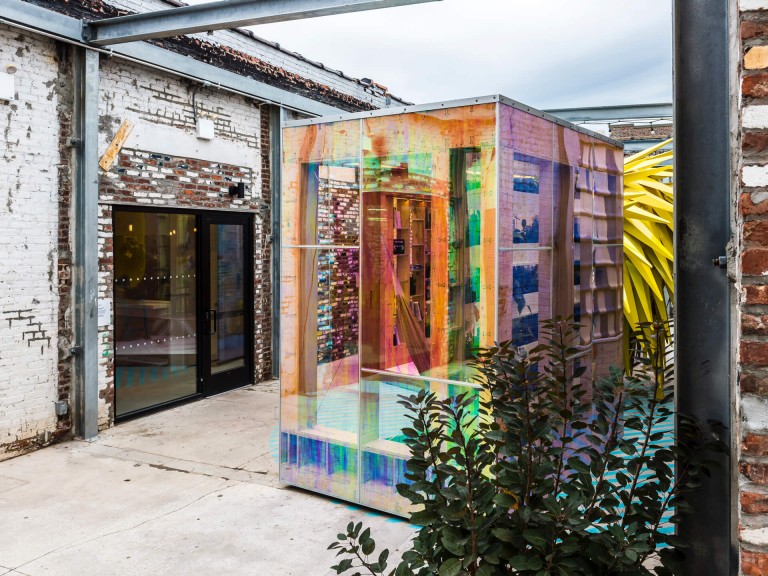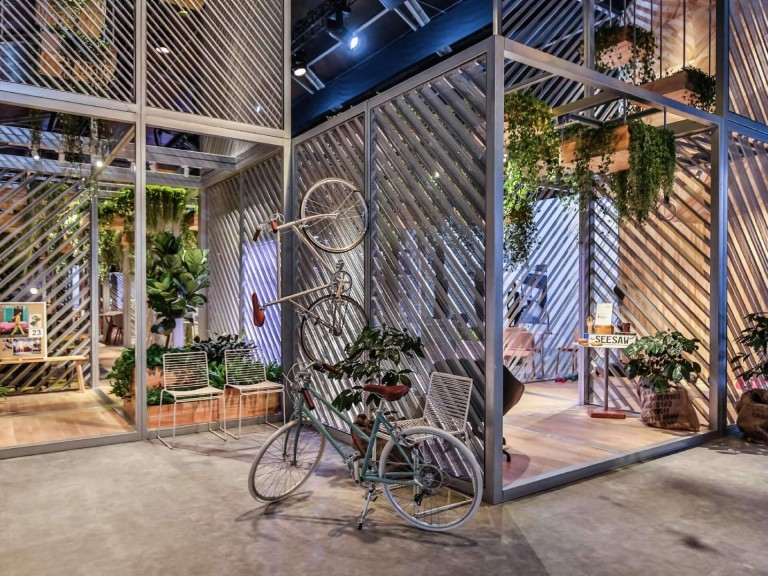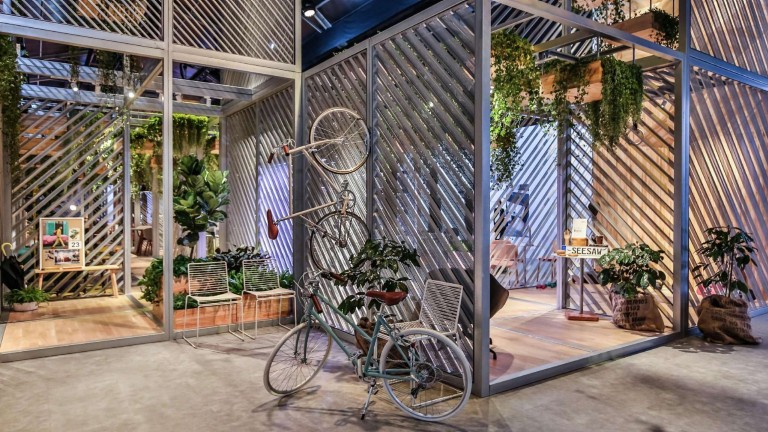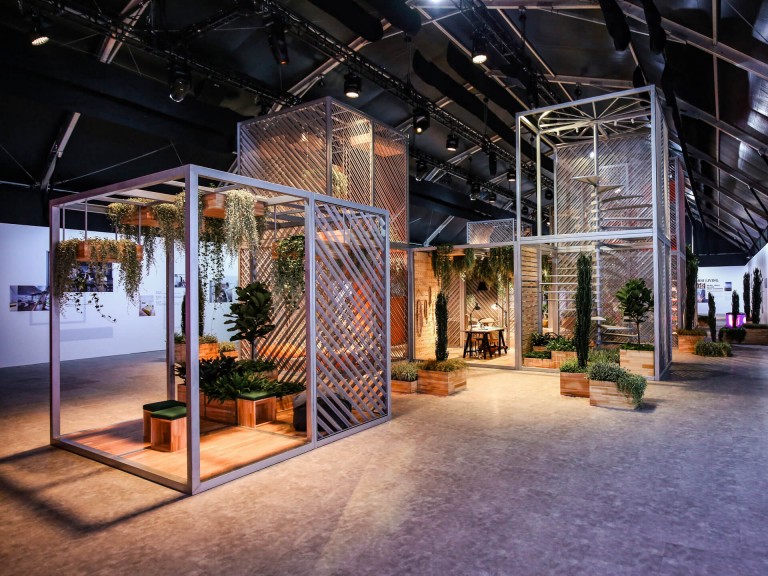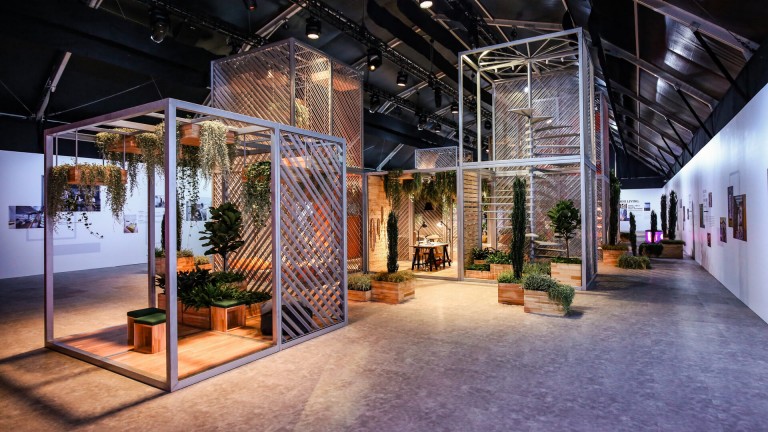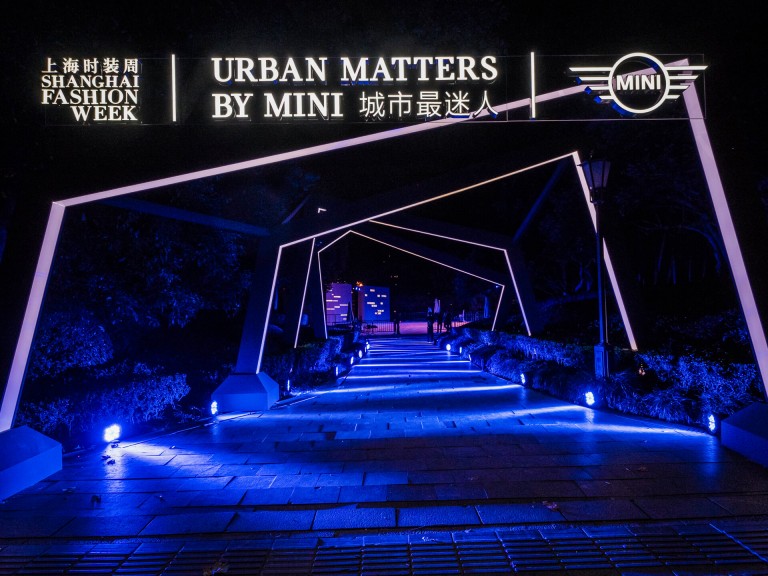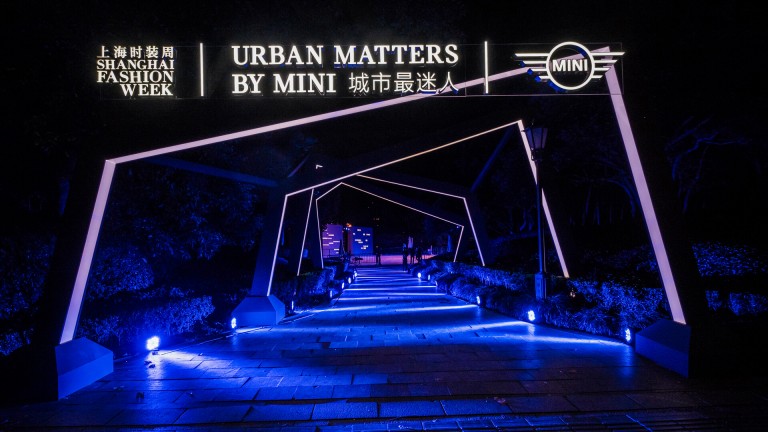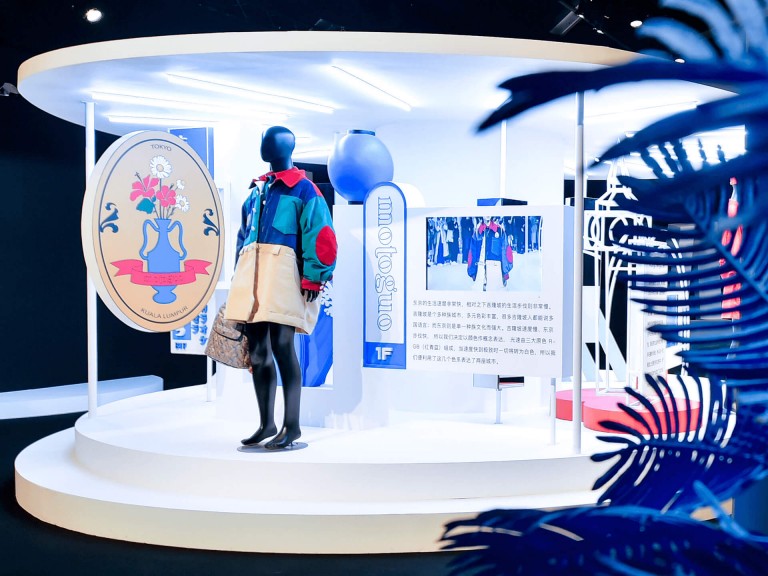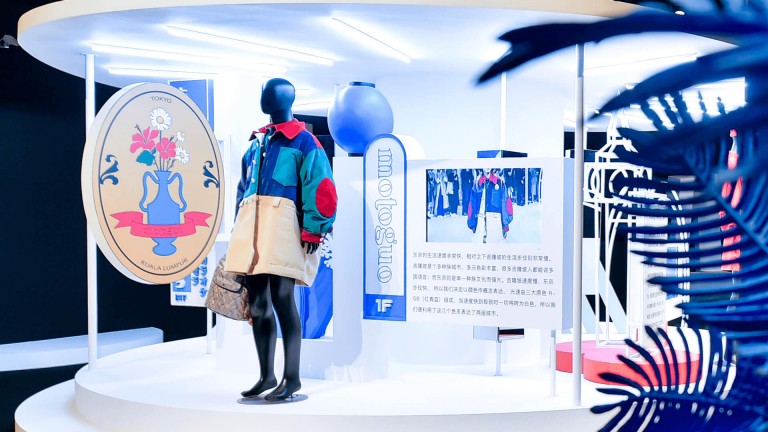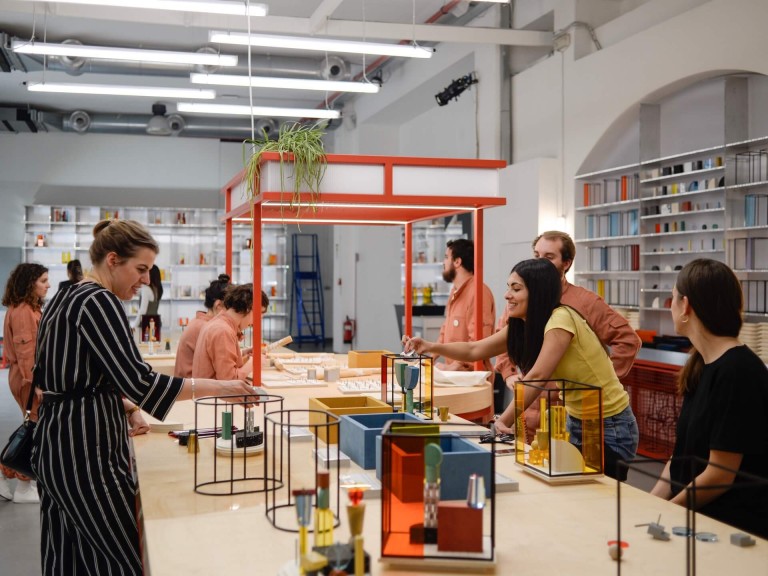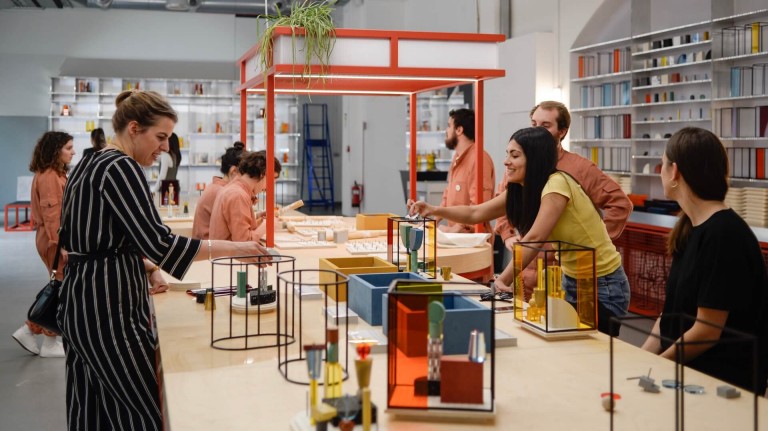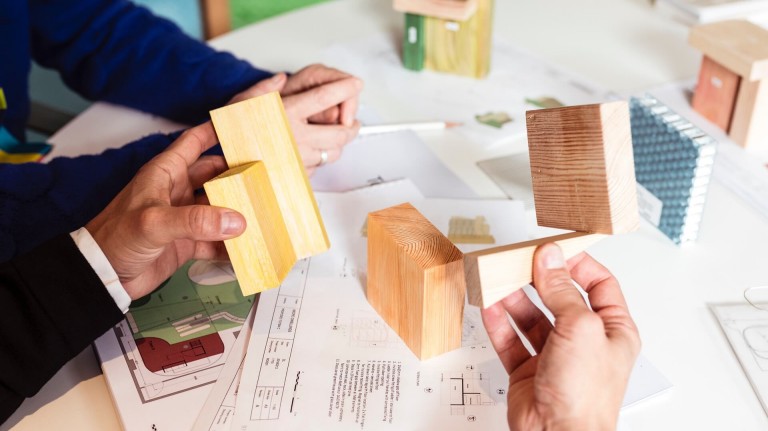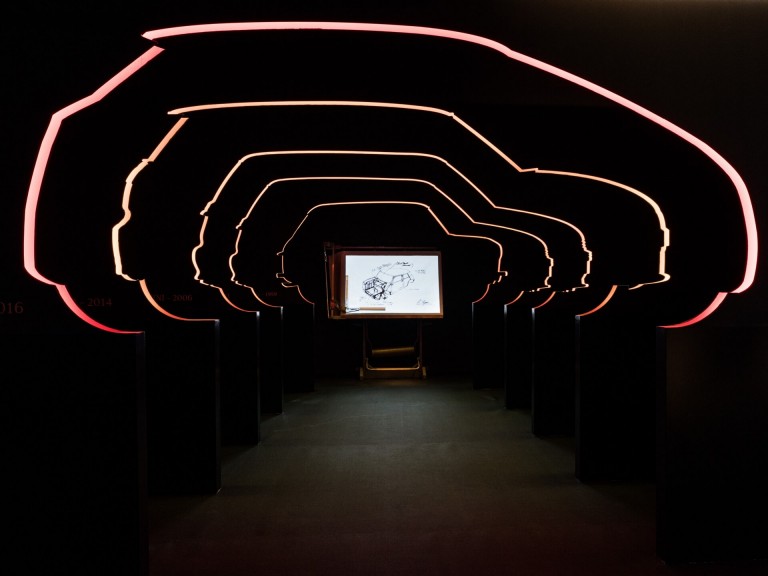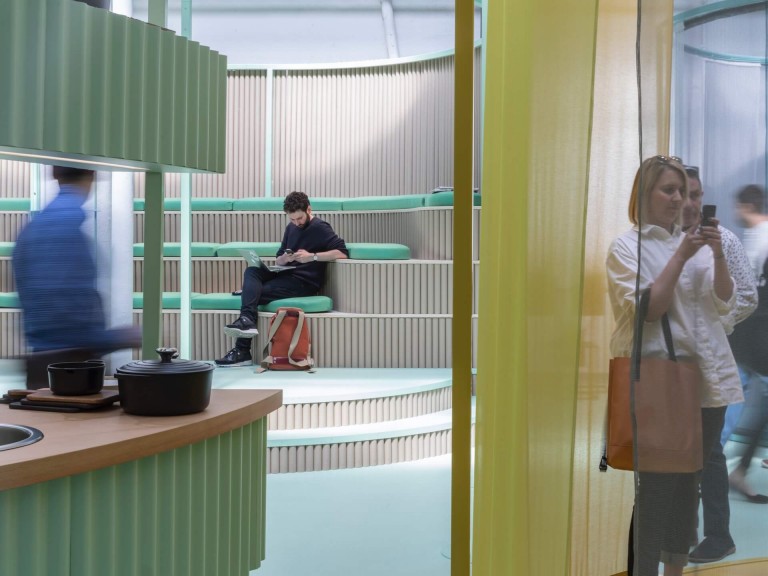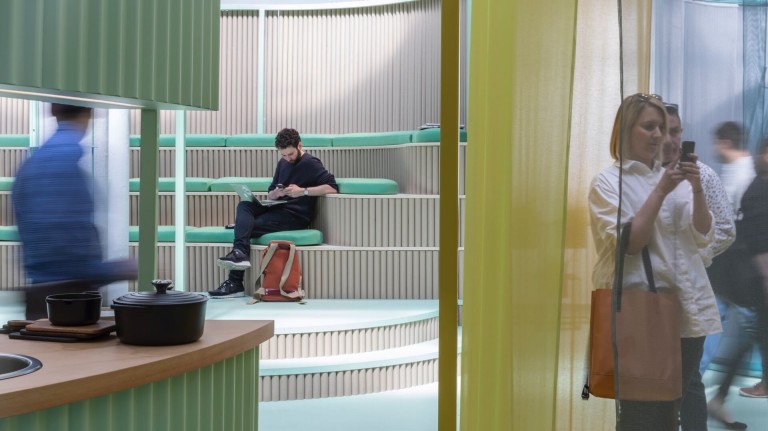Our tool for managing your permission to our use of cookies is temporarily offline. Therefore some functionality is missing.
Salone del Mobile Event 2017
IDEAS EMERGE FROM SHARING.
MINI LIVING encourages ‘conscious living’ to change the city.
We all have our own experiences and experts have confirmed that cities are the habitats of the 21st century and global metropolises are the challenges of our era. We associate cities with modern life and see our futures in them.
Cities are workspaces and places of domicile, social focal points and sources of creative inspiration. 'We experience social and societal dynamics on a daily basis here, which will shape our future', says Oke Hauser. 'MINI LIVING was created against this backdrop, because the developments in the city will have a long-term effect on how we live together. 'Cities are a source of continual enticement. They are both an exclamation mark and a question mark at once. How can we succeed in living consciously in these heterogeneous places? With friends and family, very intimately and in community? 'The architectural situation in cities is still defined by spatial concepts from the 19th and 20th centuries', says Oke Hauser, 'but we urgently need fresh approaches to match our dynamic lifestyles'. For MINI LIVING, the architect and creative lead is on a search for flexible concepts that re-sharpen people's awareness of their environment.

After all, ‘conscious living’ is not a clearly defined template, but requires perpetual adaptation. 'Things get interesting when we overlay the categories of space and time differently than we have done in the past', says Oke Hauser. Space can be used in numerous ways during the course of a day—from working space to living space and back again. The boundaries between private space and (semi-)public space can also be permeable. Not permanent, but flexible from day to day and chosen based on current needs or life situations.
'With MINI LIVING, we want to make spaces more experiential and start a dialogue about the needs and desires of people in cities', Hauser says. He sees lifestyle and Zeitgeist as being tightly interwoven. In our exciting, fun and sometimes stressful lives, the boundaries between private and public are becoming increasingly blurred. 'We are organizing our daily lives more and more flexibly, not least due to the advancements of digitalisation, but our concepts of architecture are still quite rigid', says Hauser.
At the same time, people are looking to engage with others. One example of this is coworking spaces. These flexible workspaces have already developed well beyond the experimental stage. And yet they remain a playing field for new forms of collaboration. Freelancers work on their own, agile project teams are formed and, as if by coincidence, communities evolve. Mealtimes serve as repeated opportunities for spontaneous dialogue with friends or new acquaintances. 'The interesting thing here is permeability. New ideas emerge from sharing. With the experiences gained as part of MINI LIVING, we can provide inspiration and impetus in creative processes', says Oke Hauser.
THE INTERESTING THING HERE IS PERMEABILITY. NEW IDEAS EMERGE FROM SHARING.
